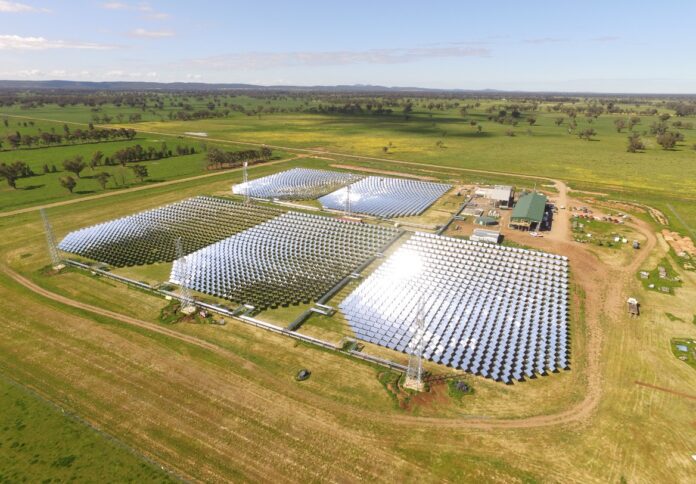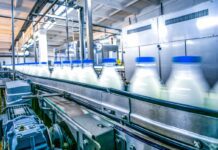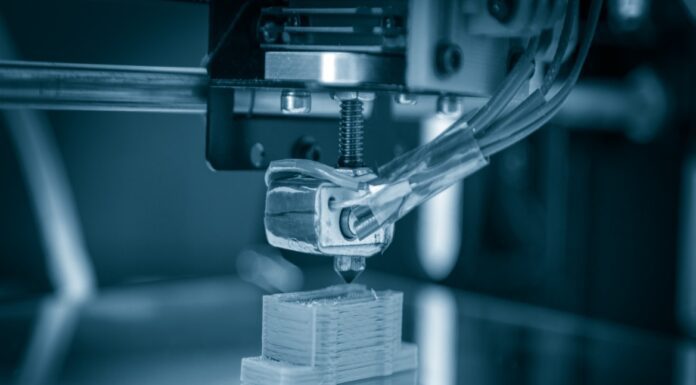
Australia needs to find new and better ways to store energy in order to meet the industry’s night-time heat requirements once coal and fossil gas have fully transitioned out of the system.
This is according to Dominic Zaal, director of the Australian Solar Thermal Research Institute at CSIRO. In a blog, Zaal highlighted an impending problem with energy storage as Australia’s industries increasingly transition to renewables.
Various sectors in the country, such as mining and manufacturing, all require secure and affordable renewable energy and some sectors need it at night, creating an urgent need for an efficient storage capability.
Batteries alone won’t cut it
Batteries are known for their efficiency in short-duration storage, which could range from minutes to a couple of hours. A great number of them will be needed to cover eight to 12 hours, which comes at an enormous cost.
Meanwhile, solar thermal becomes cost-effective for long-duration storage at scale while bringing other benefits as well.
Concentrated solar thermal power uses mirrors to convert sunlight into heat energy, which is typically stored and can be used at any time on demand, producing steam for electricity production or heat for industrial processes.
This system enables six to 24 hours of operations, which means concentrated solar thermal can provide continuous, on-demand power, and or/process heat 24/7.
The concentrated solar thermal technology is also capable of simultaneously generating power and storing heat at the same time.
Building awareness around thermal energy storage
According to Zaal, most people know about lithium-ion battery storage and pumped hydro storage, but awareness gets hazy when it comes to thermal energy storage. This is partly due to perceived costs and engineering challenges.
In Australia, more than 80 per cent of the country’s total energy use involves a thermal process, which includes the combustion of coal and gas for electricity, fuels for transport, and fuels for industrial process heat.
“A large proportion of these existing fossil-fuel thermal processes can be met with renewable thermal energy storage,” Zaal said in his blog.
Over 100 concentrated solar thermal plants are deployed all around the globe, generating approximately 7GWh of electricity. The technology is not yet deployed in Australia at scale, but plans are underway to change that soon.
Vast Solar is building a 30MW plant in Port Augusta, which is expected to have 10 hours of thermal energy storage to send to the grid, primarily at night.
The project will also deliver renewable heat and power to produce more than 7,000 tonnes of green methanol per annum.




















